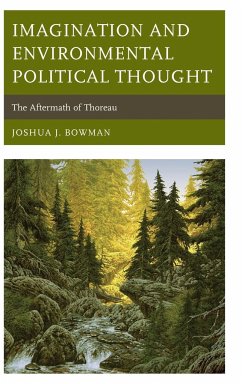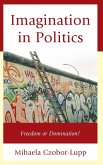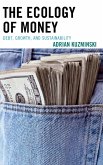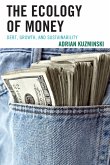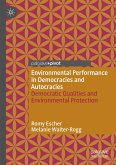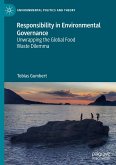Imagination and Environmental Political Thought: The Aftermath of Thoreau seeks to correct oversimplified readings of Henry David Thoreau's political thought by elucidating a key tension within his imagination. With the celebration of Thoreau's two-hundredth birthday now past, this study outlines, and builds on, his own understanding of imagination and considers its implications for environmental politics. Despite the use of the word, "aftermath," Thoreau's legacy for environmental political thought is primarily constructive and foundational for modern environmentalism. Thoreau's virtues and vices have been inherited by his environmentally-conscious readers. The author of Walden's preference for an abstract, ahistorical "higher law," his radical concept of autonomy, and his frustration with government and community foster an impractical political thought characteristic of an idyllic imagination. Nevertheless, Thoreau demonstrates a more prudential and moral imagination by emphasizing the inescapable relationship between the moral order of individuals and the order of political communities and by pioneering the central questions of humanity's relationship to non-human nature. Can this tension of imaginations be resolved? What are the consequences of this tension? Thoreau's overall vision ultimately creates significant problems with which environmentalists still struggle. While Thoreau's emphasis on freedom and the immaterial aspects of human and non-human nature are of considerable value, his abstract political morality, misanthropy and escapism must be resisted both for the sake of environmental well-being and human dignity. In addition, this book is an exercise in re-thinking how the humanities may provide scholars critical insights to better diagnose and respond to the environmental challenges of our time.
Bitte wählen Sie Ihr Anliegen aus.
Rechnungen
Retourenschein anfordern
Bestellstatus
Storno

